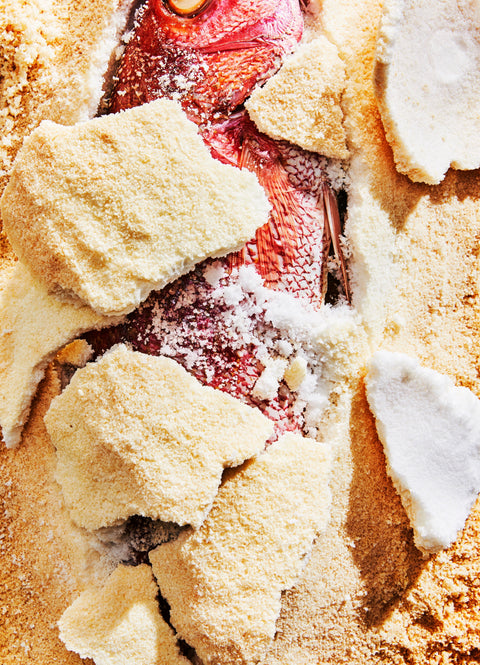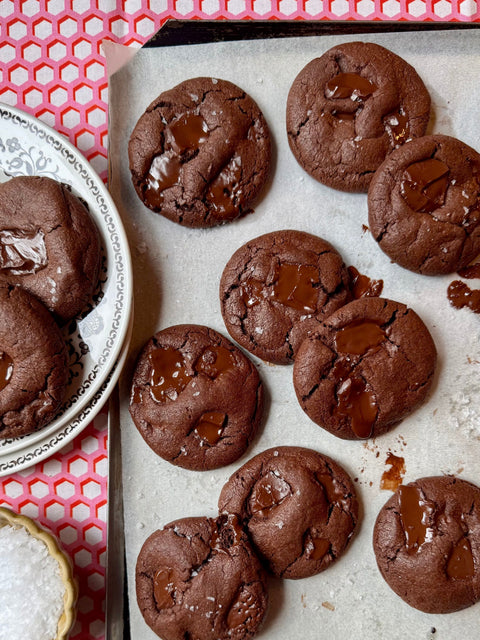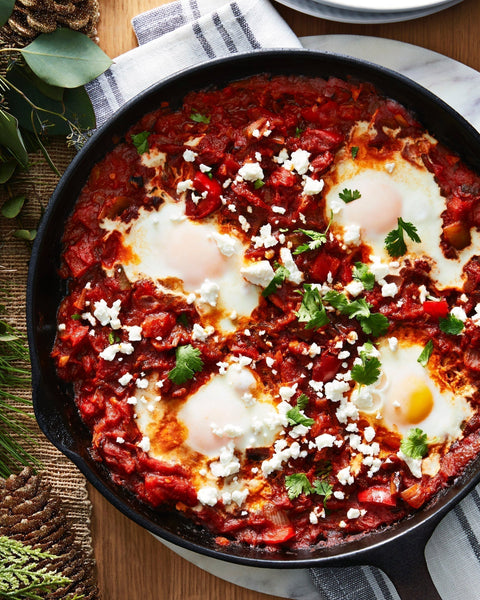If there’s one thing you can do to instantly improve your cooking, it’s learning how to salt properly. Most home cooks under-salt their food or add it at the wrong time—resulting in meals that taste flat or unbalanced.
Salt isn’t just about making food salty. It enhances and transforms flavour, affects texture, helps retain nutrients, and even influences how food cooks. Mastering how to salt, when to salt, and how much to use is one of the biggest differences between an okay dish and a restaurant-quality one.
Why Timing Matters: The Science of When to Salt
1. Salting During Cooking = Deeper, Better Flavour
Most people wait until the end to salt, but adding it throughout the cooking process ensures that:
- Salt dissolves and penetrates ingredients, seasoning them from the inside out.
- Flavours become more concentrated as water is drawn out and natural tastes are intensified.
- Meats, vegetables, and even onions caramelize better with a well-balanced amount of salt.
Bonus Tip: Salt also reduces bitterness and enhances sweetness, which is why:
- A pinch of salt in coffee, Negronis, and hot chocolate makes them smoother.
- Salting bitter greens like kale or radicchio makes them more balanced.
- Sprinkling salt on dark chocolate or grapefruit brings out their natural sweetness.
2. Salting Early Improves Texture & Moisture Retention
- Dry-brining meats (salting in advance) keeps proteins juicy and tender.
- Salt draws out excess water in vegetables, preventing sogginess and enhancing crispiness.
- Beans and lentils cook more evenly and soften better when salted at the start.
Bonus Tip: Salting kale or cabbage before making a salad softens the leaves and makes them more flavourful—just massage them with a pinch of salt and a little olive oil.
3. Salting Blanching Water Preserves Nutrients & Brightens Vegetables
Ever wondered why restaurant vegetables taste so much better—and look more vibrant—than homemade ones? The secret is properly salted blanching water.
When blanching vegetables, adding enough salt to the water:
- Helps prevent water-soluble vitamins (like vitamin C) from leaching out.
- Seasons the vegetables from the inside out.
- Keeps green vegetables bright and vibrant instead of turning dull.
How much salt should you use? Your blanching water should be as salty as the ocean—about 1-2 tablespoons of salt per litre of water.
4. The Right Amount of Salt Can Help You Use Less Overall
When food is seasoned properly throughout, you actually need less salt. Many people add extra salt at the table because their food wasn’t seasoned well while cooking. Getting it right from the start makes dishes taste balanced without over-salting.
Bonus Tip: Proper salting also improves texture in pasta and grains:
- Salted pasta water strengthens the starch structure, keeping it firm and al dente.
- Grains like quinoa and rice hold their shape better when salted during cooking.
Use 1 tablespoon of salt per litre of pasta water for the best results.
The Best Salts for Cooking, Baking & Finishing
For Cooking: Diamond Crystal Kosher Salt – Flaky, easy to pinch, and dissolves beautifully. A favourite of chefs.
For Baking: Fine Sea Salt – Blends seamlessly into doughs and batters. So many recipes for baked goods are under-seasoned. The fastest way to improve an old baking recipe is to ensure that there is at least ¼ tsp salt per cup of flour to enhance flavour.
For Finishing: Maldon Salt – Adds a delicate crunch to avocado toast, veggies, or even cookies. The smoked version is perfect for a subtle, savoury boost.
For Extra Bold Flavour: Try The Salted Rooster’s Chicken Salt for an Australian-inspired umami boost or Red Boat Anchovy Salt to add deep savoury notes to eggs, pasta, and roasted vegetables.
Final Thought: Mastering Salt = Mastering Flavour
Understanding salt—how it affects cooking, how much to use, and when to add it—is the most important skill for taking your food from good to incredible.
Next time you cook, pay attention to when you’re salting and whether you’re using enough. It might just change everything.




Comments (0)
There are no comments for this article. Be the first one to leave a message!